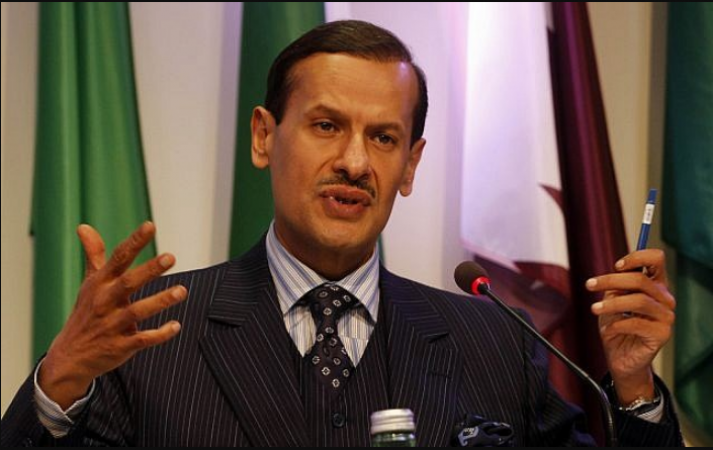
RIYADH: Saudi Arabia's energy minister has insisted that the deal to cut oil output by two million barrels per day was done to stabilize markets, not raise prices.
Prince Abdulaziz bin Salman said that US President Joe Biden called it a "disappointment" after the Organization of the Petroleum Exporting Countries and its allies, known as OPEC+, agreed to cut production in November.
At a news conference after the OPEC+ meeting on Wednesday, the minister said that "our current priority is market stability in terms of demand and investment."
Also Read: Petrol-diesel prices likely to go up in India after Diwali
In an interview with Bloomberg, he went even further, directly responding to suggestions for profit prioritization.
“That mantra may be acceptable if it means we are doing this on purpose to drive up prices, and it is not on our radar; our radar is to ensure market stability,” he told Bloomberg.
According to Prince Abdulaziz, the effectiveness of OPEC+ and its decisions resulted in oil prices not rising compared to coal and gas.
According to the minister, the group aims to create a disciplined market that serves its true purpose, as liquidity in the markets has been affected by sharp volatility leading to a rise in prices.
Prince Abdulaziz also said that there is currently no need for Saudi Arabia to further reduce oil production as the current agreement is considered good and reasonable.
"I said in the press conference that we have to be assertive, retrospective and proactive in order to be observant," he said.
Also Read: OPEC+ cuts significantly to raise oil prices
The minister rejected claims that Saudi Arabia was the driving force behind the production cuts, emphasizing that the group's decisions are unanimous and made with the participation of all members.
According to Prince Abdulaziz, the risks to the market are dollar strength and higher interest rates.
He also said that given the current state of uncertainty and lack of details, it is not possible to assess the impact of the decision to set a price cap on Russian oil until the next two months have elapsed.
He further added that then it would be possible to elucidate the reactions of the players and the producers and consequently it would be possible to make better decisions.
Uncertainty about price range adds to uncertainty, he says, adding that uncertainty can go either way.
“Our hope is that people can bring in more certainty in many aspects including interest rates, growth, forex, and what the issue is with BargoCaps and the rest of it, including zero COVID policies,” he said.
Also Read: OPEC+ Considers Cutting the Output Limit
According to the minister, the current state of his career spanning 35 years in the industry is unlike any other.
Prince Abdulaziz said that, even during the pandemic period, the market faced only one variable, COVID, whereas the market is now facing a number of issues, whose impact on the market can be positive, negative or a combination of both. . Is.
"It's a jumble of confusing uncertainties, and they can all go astray, and the positive side, or the negative side, or a combination," he said.